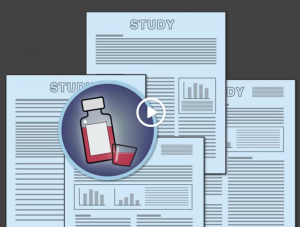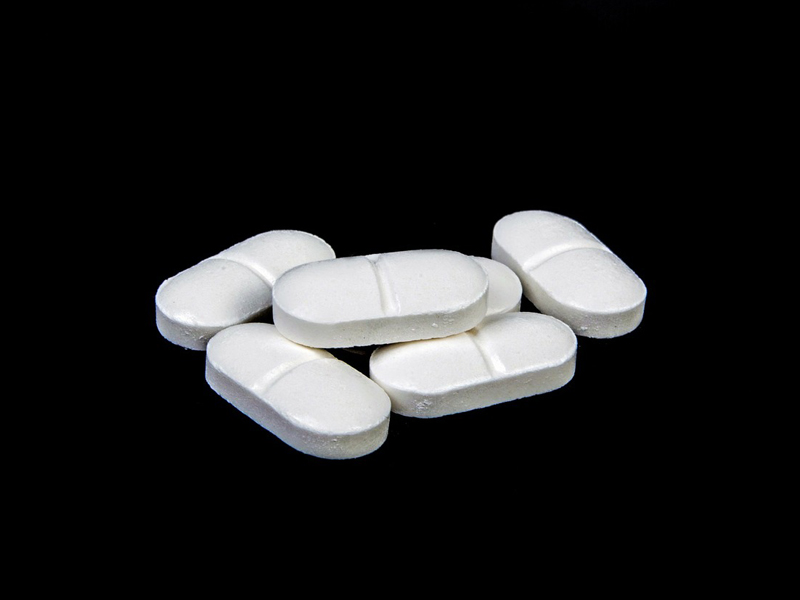GPs can breath easy; paracetamol and ibuprofen are equally safe for kids with mild persistent asthma
GPs can breath easy; paracetamol and ibuprofen are equally safe for kids with mild persistent asthma
Paracetamol is no more likely to increase the risk of asthma exacerbations or worsen control in children with mild persistent asthma than ibuprofen, a NEJM trial shows.
While paracetamol and ibuprofen, the two most commonly used pain and fever medications for children in Australia, are generally considered safe, earlier studies have raised concerns that paracetamol may be linked to asthma.
Observational data had suggested an association between paracetamol and asthma symptoms and decreased lung function, the study authors said, leading to “much controversy and even alarm”.
In particular, a 2016 study found an association between infant paracetamol exposure and asthma development.
And an RCT published in Pediatrics in 2002 found children with asthma who took paracetamol had a higher risk of an outpatient visit for the condition compared with ibuprofen.
However, this new study may help put fears to rest.
In the current study, 300 children with mild persistent asthma were randomly assigned to paracetamol or ibuprofen in a double-blind, parallel trial across 18 sites in the US.
The children, aged 12 to 59 months, also received standardised asthma-controller therapies that included daily inhaled steroids.
Over the one-year study period, asthma exacerbations were no more frequent in the children taking paracetamol than those using ibuprofen.
Caregivers of young children with asthma may be reassured by this result, which showed acetaminophen and ibuprofen can be used similarly when indicated, said an accompanying editorial.
Speaking with The Medical Republic, Professor Michael Fasher, GP and Adjunct Associate Professor at the University of Sydney, said this research added to the data showing that ibuprofen and paracetamol were equally safe.
“Now, of course, that also means that they are equally unsafe,” he said. “But I think it is reasonable in the light of what we know to emphasise the fact that they are equal in safety.”
Professor Fasher said concern about paracetamol hadn’t been as great in Australia.
“If anybody is likely to be anxious about this topic in Australia, it is likely to be about ibuprofen not paracetamol,” he said.
“However, reassurance for both medications emerges from this study,” Dr Fasher said.
Around two per cent of children with mild-to-moderate asthma have ibuprofen-sensitive asthma, according to the National Asthma Council Australia.
The trial findings are summarised in this NEJM video: NEJM 2016, 18 August
NEJM 2016, 18 August


